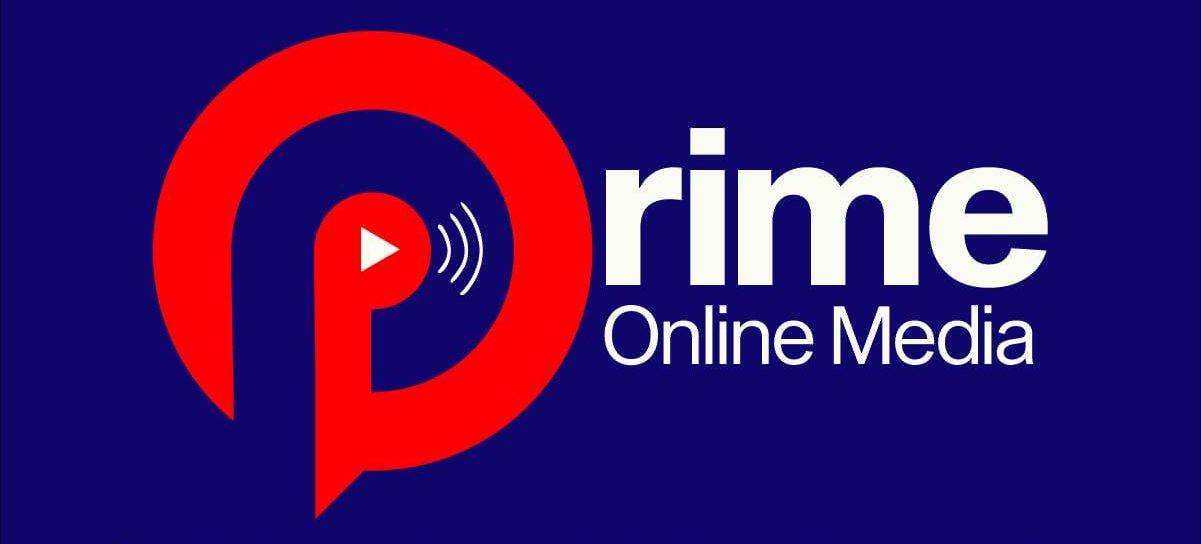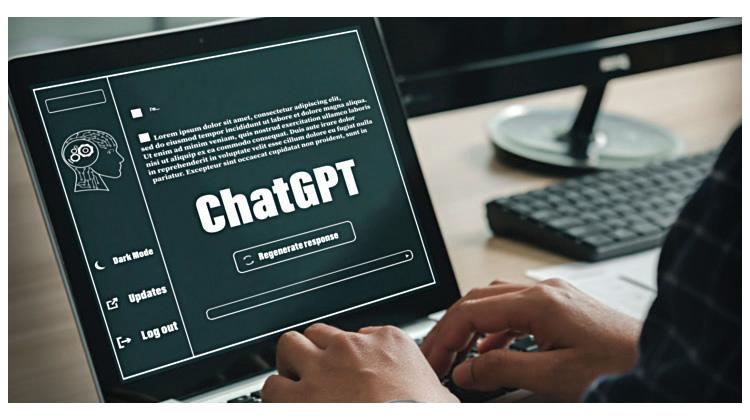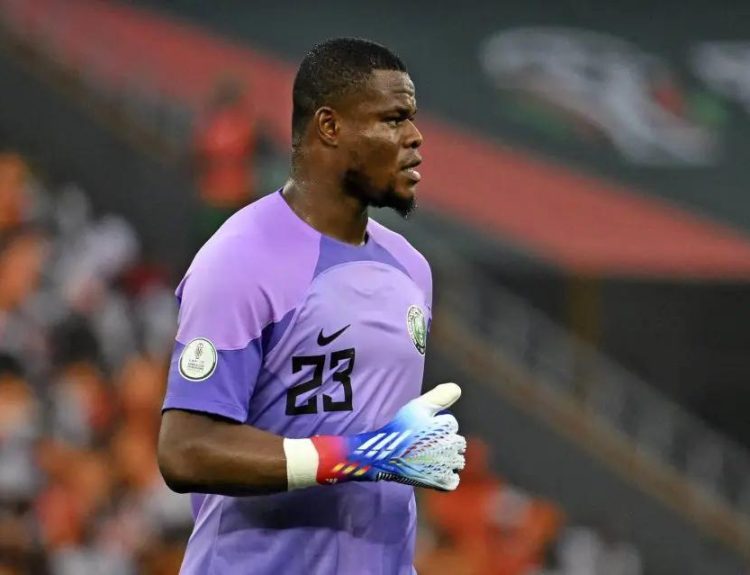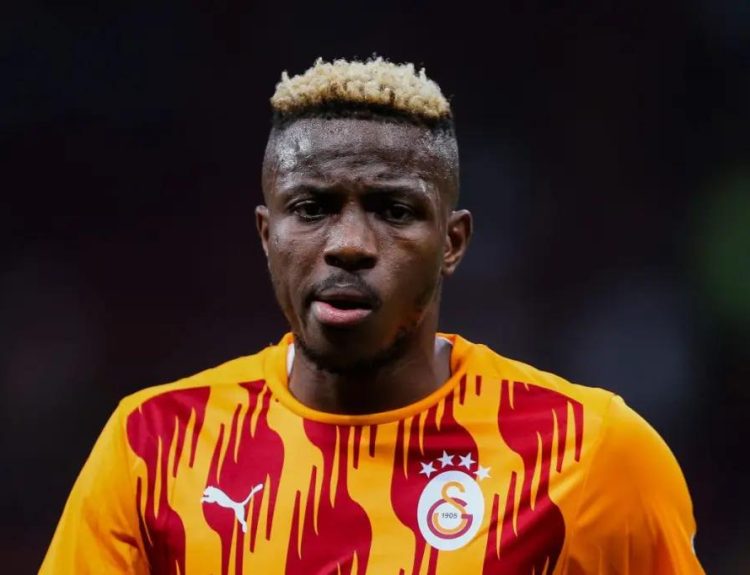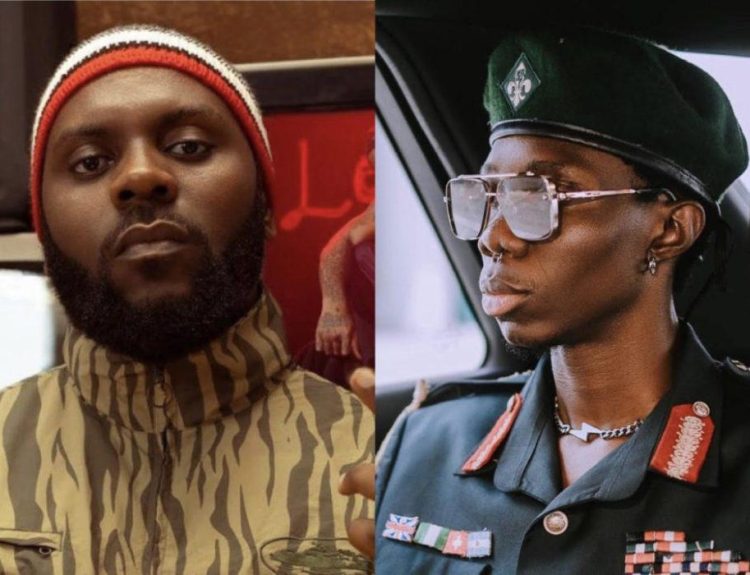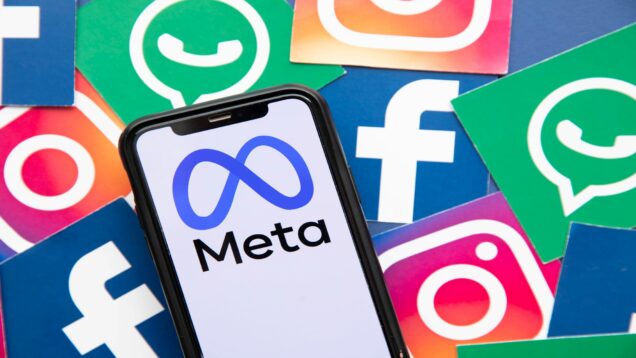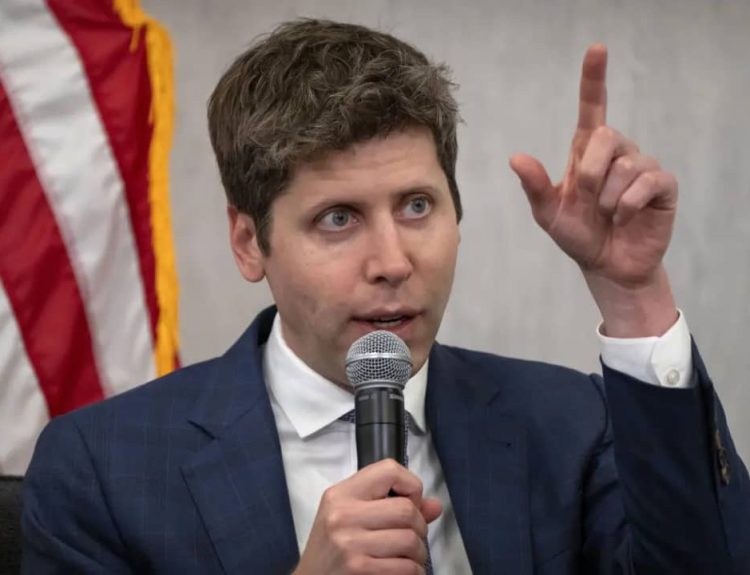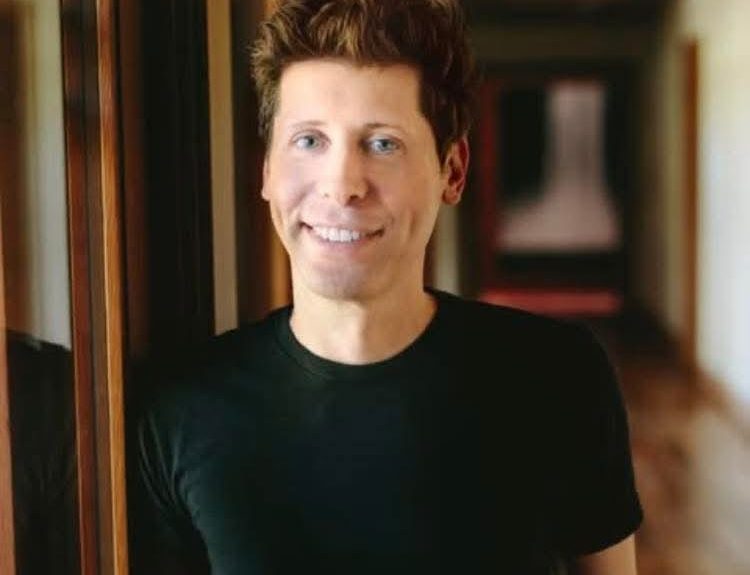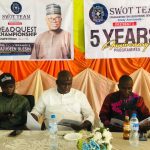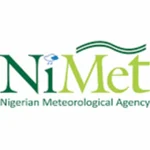The launch of OpenAI’s latest image-generation tool has triggered a wave of viral content, as users flood the internet with AI-created images mimicking the signature style of Studio Ghibli. The trend has reignited debates over copyright infringement, as OpenAI, already facing multiple lawsuits, navigates the legal and ethical implications of its AI-generated content.
Since its release, users have shared Ghibli-style AI images featuring public figures like Elon Musk and Donald Trump, as well as scenes inspired by films and historical events. Even OpenAI CEO Sam Altman embraced the trend, updating his profile picture on X (formerly Twitter) to match the aesthetic. However, the viral success has raised concerns over intellectual property rights, as Studio Ghibli has not granted permission for such replications.
A resurfaced 2016 video of Ghibli’s legendary director, Hayao Miyazaki, criticizing AI-generated art has added fuel to the controversy. “I strongly feel that this is an insult to life itself,” Miyazaki said in the clip, reinforcing the studio’s longstanding opposition to AI-driven art.
OpenAI has defended its model, stating that while it prevents users from generating images in the style of living artists, broader artistic styles, such as those associated with entire studios, are still permitted. The company is also actively lobbying for AI-generated content to be protected under fair use, arguing that similar allowances apply to search engines, satire, and memes.
Despite the backlash, OpenAI is experiencing rapid financial growth, with reports indicating that it is finalizing a $40 billion funding round led by Japan’s SoftBank Group. The company projects its revenue to soar from $3.7 billion in 2024 to over $12.7 billion by 2025, underscoring the increasing demand for AI-generated content even as legal uncertainties persist.
